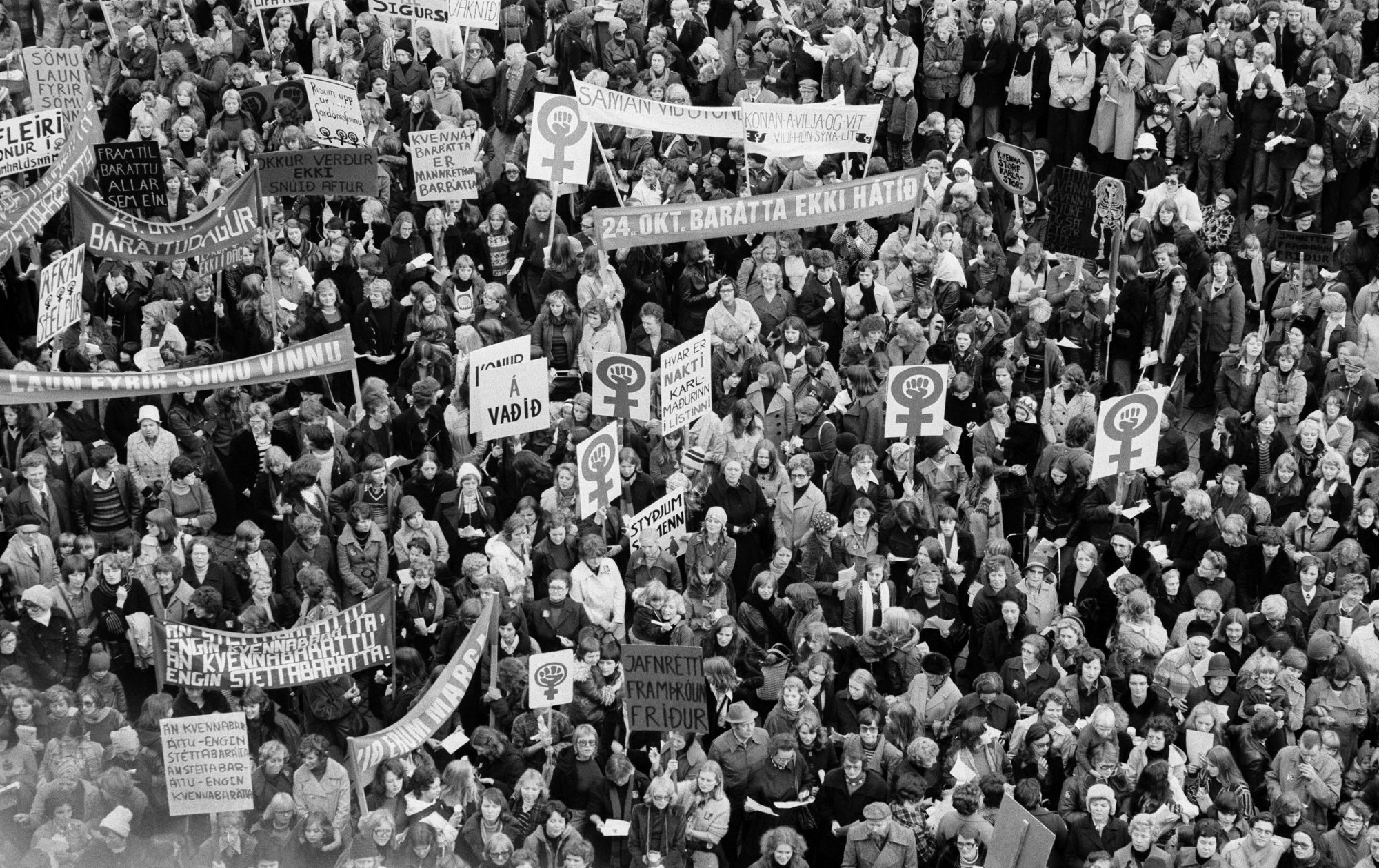Iceland tops the WEF Global Gender Gap Index for the consecutive tenth year
For the tenth year in a row, Iceland is at the top of the World Economic Forum Global Gender Gap Index published this morning. Three Nordic neighbours follow Iceland on the Index – Norway in second place, Sweden comes third and Finland in the fourth place.
Iceland’s Prime Minister, Katrín Jakobsdóttir, says Iceland’s ranking reflects the joint efforts of the government, academia and civil society for gender equality over the past few decades. “The women’s movement paved the way for progress in Iceland. Gender equality does not happen by chance. We have put in place special measures such as affordable quality child care and parental leave for both parents that have made a big impact. We must also work to eliminate gender-based violence, which is both a cause and a consequence of womens inequality,” says the Prime Minister.
Guðlaugur Þór Þórðarson, Minister of Foreign Affairs, is pleased with the results: “The Gender Gap Index reminds us that we still have work to do when it comes to closing the gender gap, but we are encouraged by the results. We are also eager to share our experience and expertise with other countries to accelerate progress all over the world. Gender equality is a fundamental human right and a key to progress and development.”
Gender equality a priority in development cooperation
The Government has now put in place its third action plan for women, peace and security and gender equality and women's empowerment will become a priority in Iceland’s development cooperation once a new International Development Cooperation Strategy for the years 2019-2023 has been approved.
About 12% of Iceland's total development assistance funds gender equality programmes and projects and is set to rise by a third next year. "We see great opportunities to positively influence the status of women, including in our partner countries, Malawi and Uganda,” says Minister Þórðarson.
Furthermore, Iceland will continue to work closely with UN Women, as its largest donor per capita, the UNFPA and the UNU Gender Equality Studies and Training Programme, which is based in Iceland.


